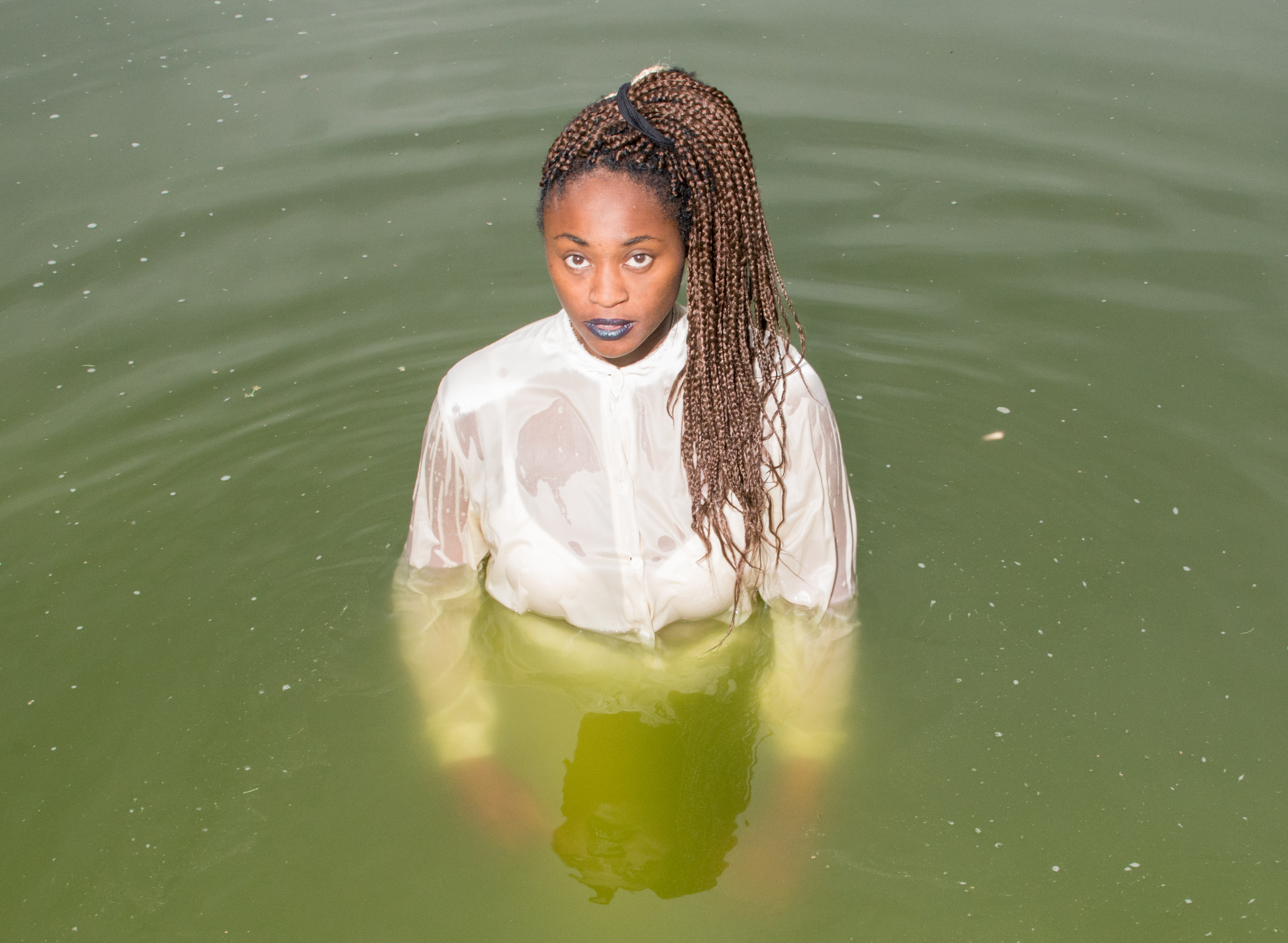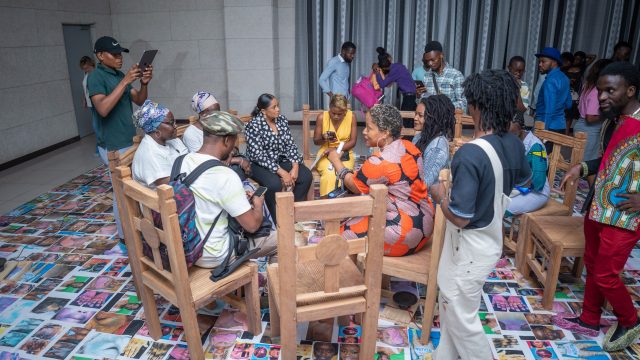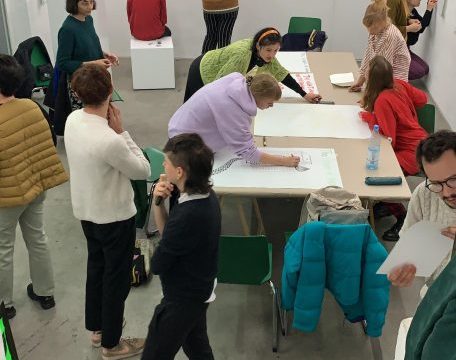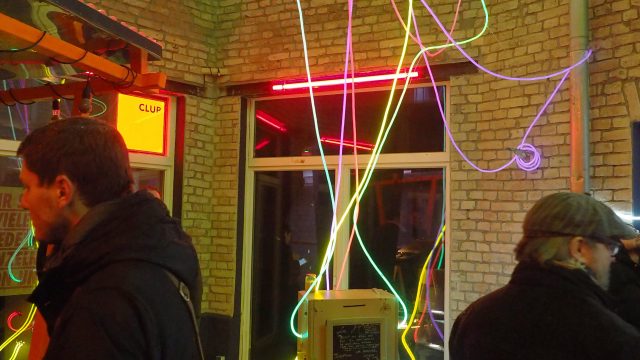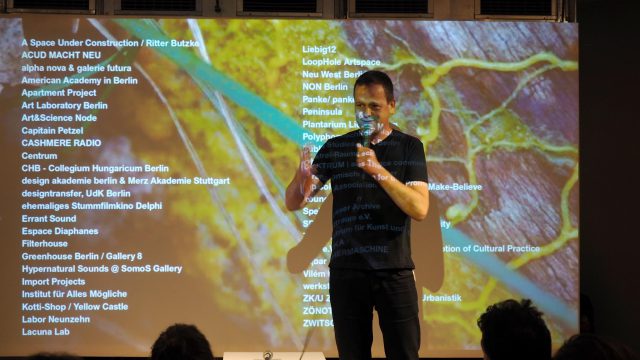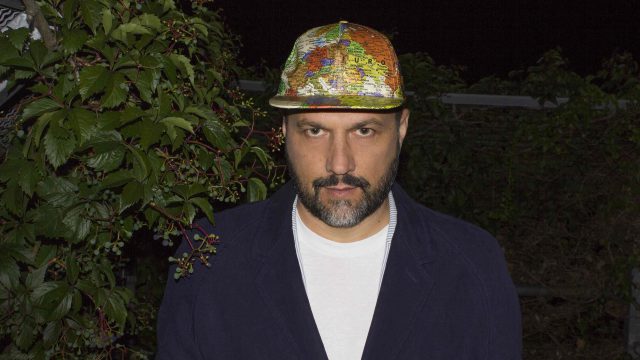With just a couple days of Black History Month left, we talk to Jessica Lauren Elizabeth Taylor about Black in Berlin presents: CA$H Me Outside – a queer BPOC party//Ass shaking as Resistance, she contextualizes her work and practice in Berlin for us, talks about grounding organizing in community (and like Barbara Smith and Audre Lorde, around the kitchen table), and about experience (as opposed to knowledge) as the source of expertise (!!!). Also about saying NO when you’re asked to tokenize your body for the cultural capital of white people. Jessica Lauren Elizabeth Taylor organizes Black in Berlin (which she tells us more about), and is also an artist working primarily in performance and theatre.
What types of things you do you organize and what is the intention/motivation behind them?
Black in Berlin was started out of my own frustrations from constantly being gaslit by the white, specifically German people in my life. It was initially a very selfish project. I think all art is inherently selfish in those early preliminary making stages. In 2013 there was an issue of Ex-Berliner called Africa in Berlin. The issue’s feature stories were entitled “Working the Bush: Tales from Görlitzer Park” which followed a few African weed dealers on their daily life and was insensitive at best and deeply polarizing and racist at worst, and “German Cougars catch jungle fever:” which profiled various white German women as they went to the Caribbean club Yaam on the club nights and hooked up with black African men who “desperately needed” some way to get a visa and stay in the country. I was appalled that this was the liberal progressive arrangement on a conversion on what it is to be African-diasporic in Berlin. I went to the closing event for the issue which was supposed to be a panel discussion between prominent members of the Afro-Deutsch community and the editors at Ex-Berliner. The editors and the mainly white audience effectively silenced and belittled the members of the panel with tales of their own travels to various African countries and questions about the validity of German colonization. A group of black people stayed after to commiserate and this was the seed of the idea. I remember thinking what if we had these kinds of conversations regularly? Since 2013 the salon has been molded from small therapy sessions to discursive conversations to its most recent iteration of being a moving dialogue. Every month we discuss different topics around a theme and I bring in a local to contextualize the subject. It’s important that this person is never an institutional expert but more of a personal historian, versed enough in their experiences to give a framework to the conversation. Society teaches black people that academic or institutional higher learning is the only way to gain knowledge while history teaches us that knowledge is within us and our very act of surviving is a testament that we already know what to do. That’s one of the reasons why I never place myself on any platform or stage or am facing the audience. The perspective is paramount to the space. We are always on the same level in a round table format. I am merely the facilitator of these interactions. My desire with the salon is to have the difficult conversations outside of academia and arts and cultural institutions and have them at a “kitchen table.”
What would it be like if we had these kinds of conversations with our neighbors?
This party is one of 4 events I’m hosting for Black History Month. I’ve thrown art parties with friends before but never with clear intentions of holding space specifically for and by Queer BPOC’s. The gay/lesbian and often even queer spaces in Berlin can still be quite alienating for Black, people of color. It’s vital that we feel respected, welcomed and embraced in these spaces as they are often the last refuge from more violent environments. And again selfishly I just want to be surrounded by people shaking their asses and being joyful. I’m always looking for new ways to heal together.
What’s your theoretical/academic background and do you draw from it in your practice?
My research background is basically examining and dissecting everything my mother ever told me which was the knowledge passed down from my mother’s mother’s mother.
Living and organizing in berlin, how do you feel like your practice is situated in the city or spread between different places?
It’s interesting to see how the salon has been received this past year in Berlin. First, the response has been overwhelmingly positive. Every salon is well over capacity we always run out of time for conversation. We have about 50% of a regular crowd that’s comes every time and some people have deemed it “church” which my preacher grandfather would find hilarious. The institutional support has been harder to decipher. Being an artist (working mainly in performance and theater) means I am often invited to hold the salon in arts and cultural institutions which was never the goal. But I’m not against it. What I have a problem with and what is always a point I return to is the gaze: who’s looking and how? I often hear “Oh we’ve been looking to program something black or queer” or emails like “Hi I saw that your work is centered on…and then they go to state some vague notion of blackness…maybe you would be interested in participating in this kind of black or on the margins programming we have.” And because the salon is not for profit, these institutions feel like they can capitalize on that. Because culture is capital at the end of day. Always, All ways. Just because it doesn’t put physical dollars into your bank account doesn’t mean that you are not somehow benefitting from the cultural capital of it. And I’m hyper-aware of that. What I’ve learned is to say “No” or “This is what I cost.” There’s a lot of No’s though.
How do politics and pop culture overlap?
Politics and popular culture are a marriage as old as Methuselah and however many women begat him all those children. I don’t really consider it a choice to bring it into my work. The work is dead without both.
Conversation between Jessica Lauren Elizabeth Taylor and Lina Martin-Chan <3
Photo by Alexander Coggin
